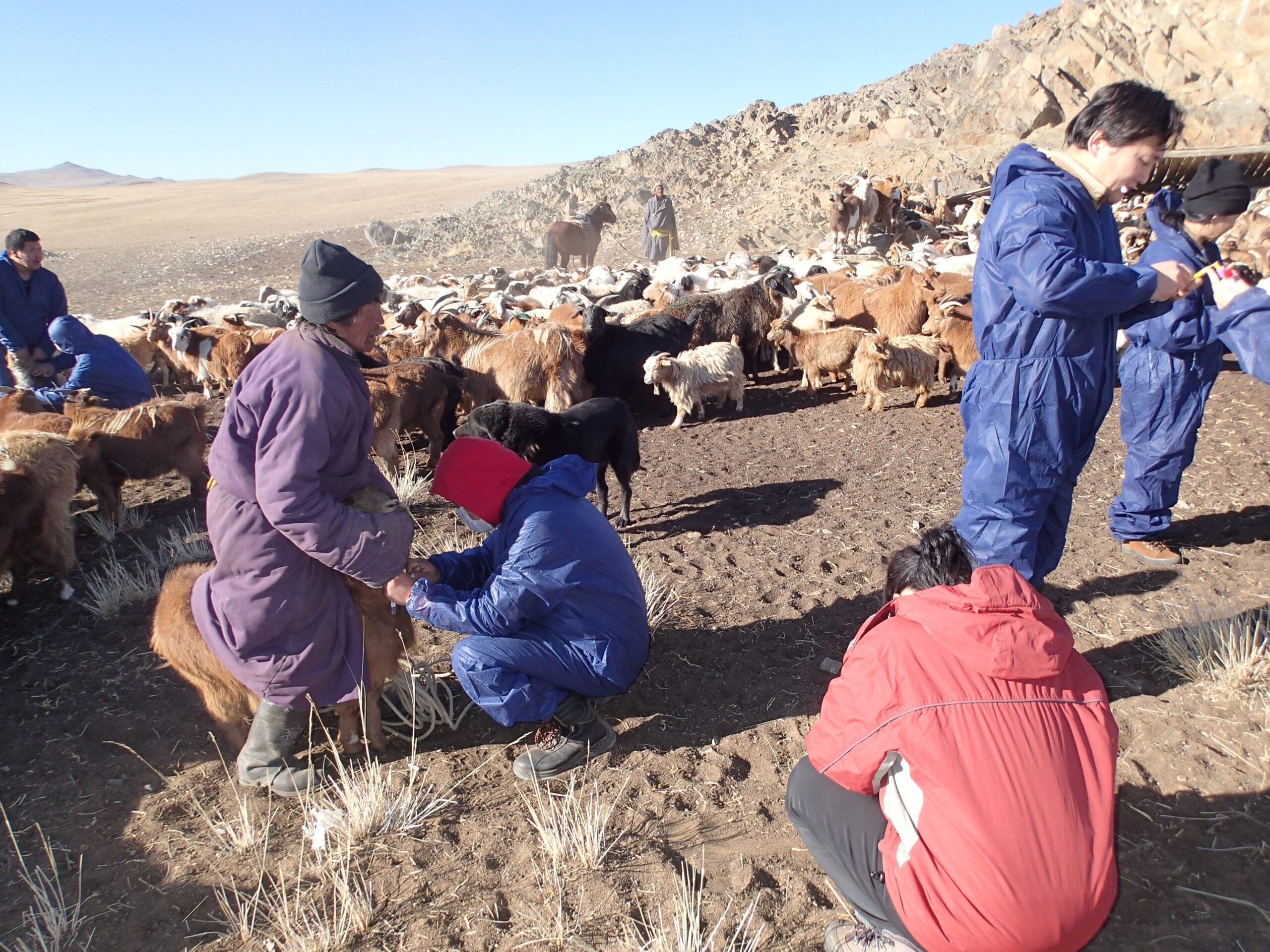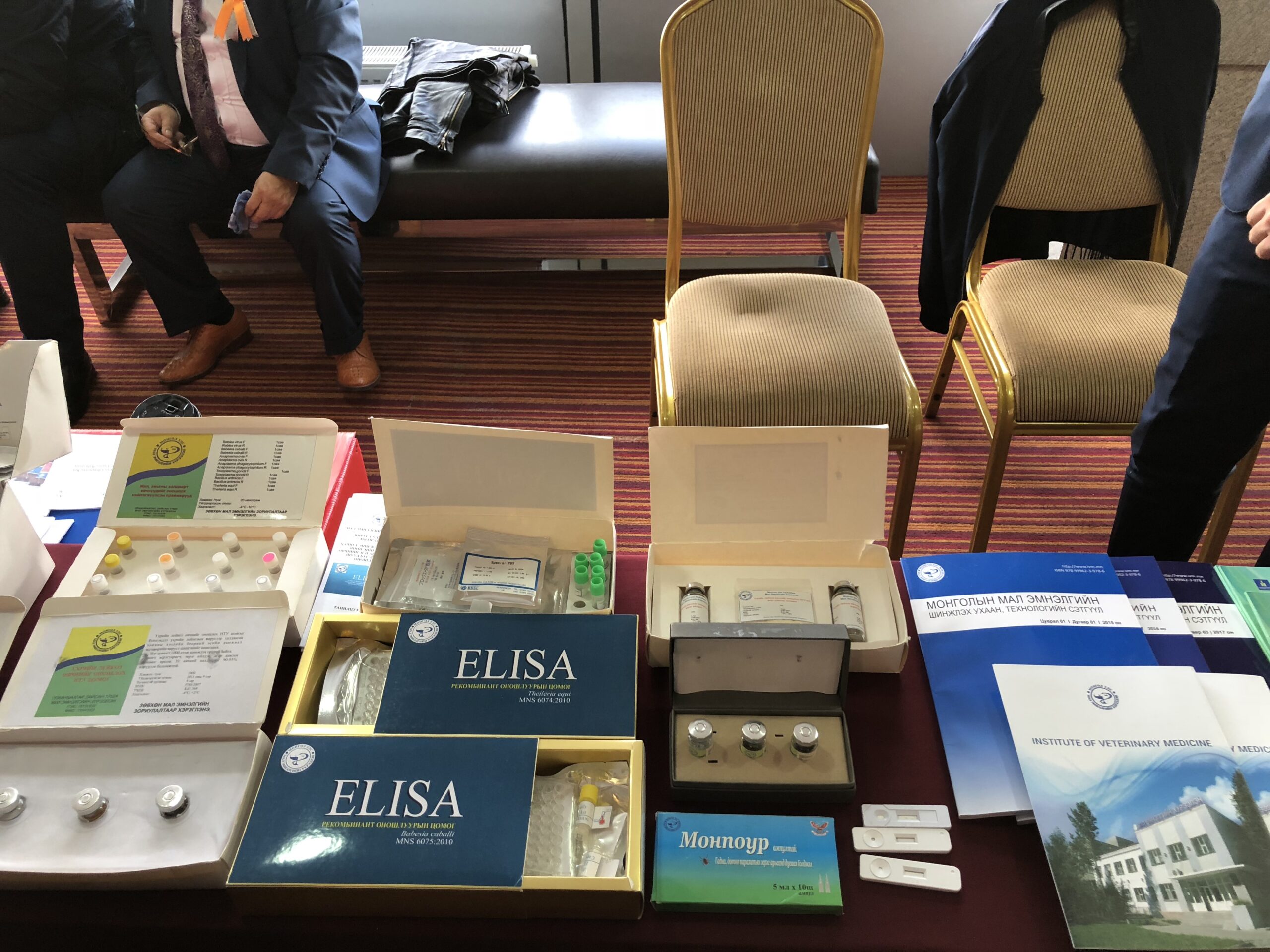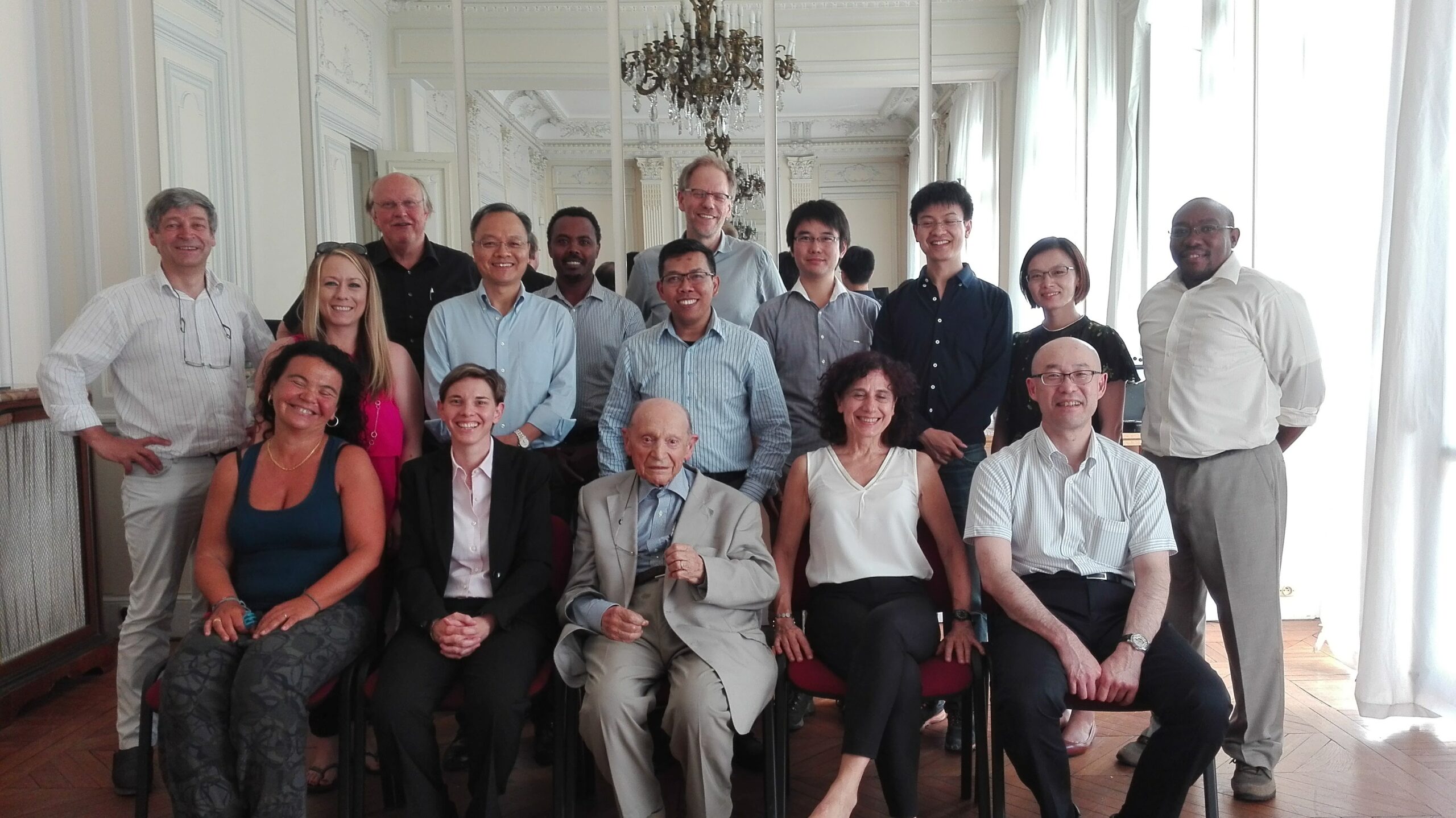INOUE Noboru Professor
ThemeDevelopment of diagnostic, therapeutic, and preventive methods for animal trypanosomoses (AT), and epidemiological studies for AT. Research on the mechanisms of cell differentiation in African trypanosome in progress of its life-cycle.
Belongs
National Research Center for Protozoan Diseases/Director GeneralNational Research Center for Protozoan Diseases/Department of Disease Control/Research Unit for Advanced Preventive MedicineNational Research Center for Protozoan Diseases/Department of Global Cooperation/International Cooperation UnitAgri-information technology Center /センター長Research Center for Global Agromedicine/Department of Veterinary Medicine| Field | Protozoology, Parasitology, Epidemiology |
| Keyword | Trypanosome, Vector, Life cycle, Host-parasite interactions, Cell differentiation, Cell surface molecules, Epidemiological surveys, Diagnostics, Therapeutics, Prophylactic drugs and vaccine |
Introduction
Variety of trypanosome species had been reported from human and animal hosts. Interestingly, their virulence to hosts is ranging from avirulent to high that cause fatal trypanosomosis. Each trypanosome species has various phenotypes in terms of host/vector-parasite relationships, such as trypanosome species with high or low host specificity, different mode of transmission namely biological transmission, mechanical transmission, and sexual transmission. In addition, some species are parasitized into host cell, while others are obligate extracellular parasite, making them formidable enemies that will use whatever means necessary to survive. Unfortunately, our current control measures to combat trypanosomoses are limited, i.e., early diagnosis followed by isolation of patients and affected animals, treatment with drugs which often cause severe adverse effects, and vector control. To improve the current situation, we are conducting development of simpler, affordable, and more accurate diagnostic methods, safe therapeutic agents, and vaccines, as well as to analyze the prevalence and risk factors of the disease.
Another research project focuses on the survival strategies of trypanosomes as parasitic organisms. Trypanosomes can survive within their mammalian hosts and vectors (often insects), which have completely different internal environments. However, mechanisms of their life-cycle development and environmental adaptation are largely unknown. Our research is particularly focused on the identification and functional analysis of developmental stage-specific surface molecules. This basic research is also being conducted in the hope that it will lead to the development of future transmission blocking vaccines and therapeutics that target the cell differentiation mechanisms of trypanosomes.



List of current research topics
The following topics related to eradication of animal trypanosomoses
- 1. Development of diagnostic methods
- 2. Development of therapeutic agents and elucidation of their modes of action
- 3. Development of prophylactic methods (vaccines and prophylactic drugs) and elucidation of their modes of action
- 4. Epidemiological studies and risk factor analyses
The following topics related to trypanosomes as parasitic organisms
- 1. Interactions with hosts and vectors via cell surface molecules
- 2. Elucidation of mechanisms of environmental adaptation such as cell differentiation during life cycle progression
| Related industries | Veterinary Science, Animal Science, Veterinary Pharmaceutical, Food Safety, Environmental Science, Wild Life |
| Project |
JICA/AMED SATREPS [Epidemiological Studies on Animal Protozoan Diseases in Mongolia and Development of Effective Diagnostics Measures]
WOAH Non Tsetse Transmitted Animal Trypanosomoses Network |
| Affiliated academic society | The Japanese Society of Veterinary Science, Japanese Society of Veterinary Parasitology, Japanese Society of Parasitology, Japanese Society of Tropical Medicine |
| Academic degree | Ph.D. |
| License | Veterinarian |
| Self introduction |
I am from Tokushima Pref. My hobbies are reading and art appreciation. My specialty is parasitology and protozoology. I have been developing diagnostic methods for animal trypanosomoses, conducting epidemiological surveys, and studying the molecular mechanism of life cycle development of trypanosome. I have been an OIE Reference Laboratory Expert (Surra) since June 2007 to present. |
| Room address | National Research Center for Protozoan Diseases |
| Room number | 102 |
| Mail address | ircpmi  obihiro.ac.jp
obihiro.ac.jp |






